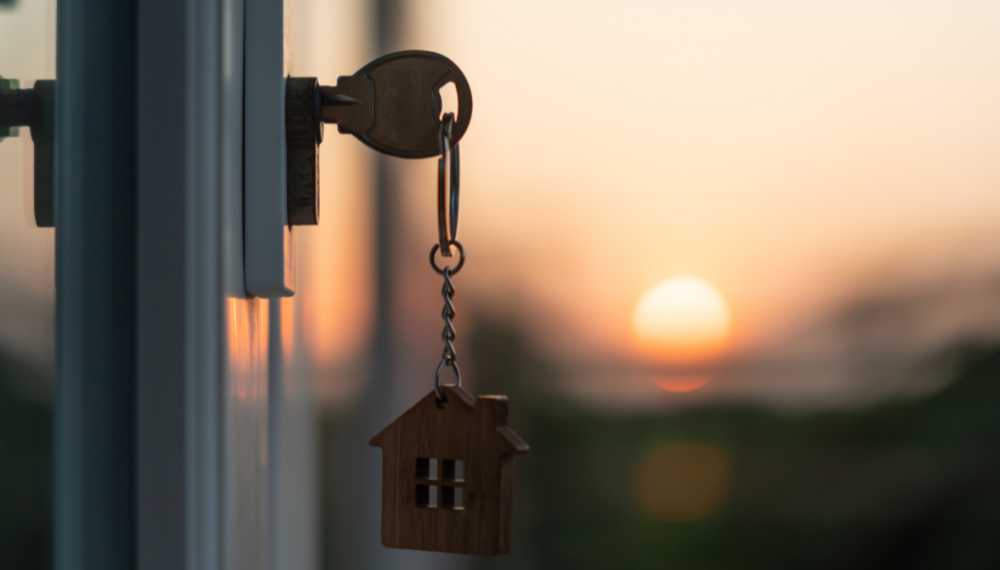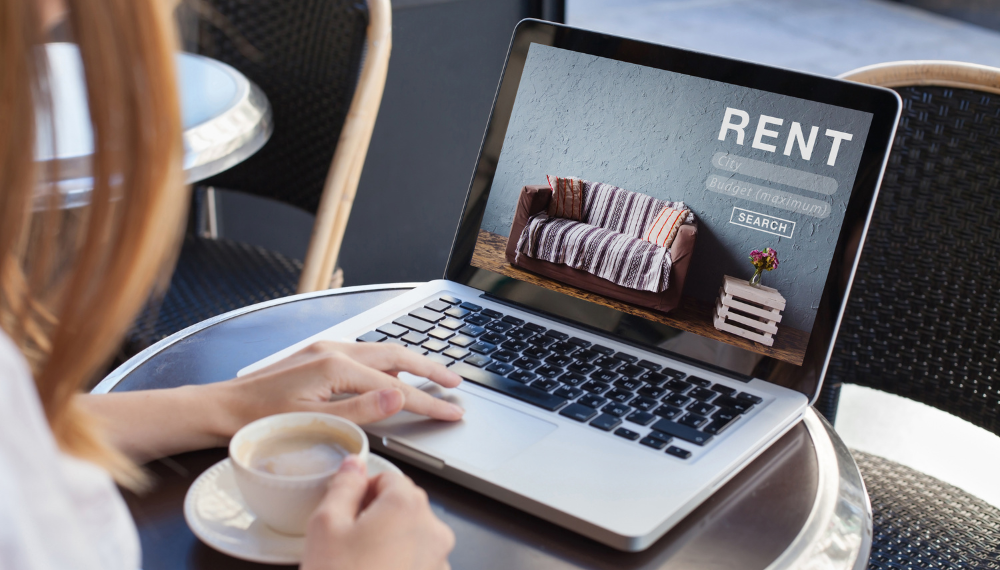Do houses for rent include utilities? Find out what to expect and how to budget wisely before signing a lease.
Renting a house sounds simple—you find a place, sign a lease, and move in.
But do houses for rent include utilities? Some do, some don’t, and that can make a huge difference in how much you actually pay each month.
If you’re new to renting or just want to make sure you’re getting a fair deal, this guide will help.
Let’s break it down so you know exactly what to expect when looking for a house to rent.
What Does “Utilities Included” Actually Mean?
When landlords say utilities are included, they usually mean some or all of the basic services needed to run a home. These can include:
- Electricity – Keeps the lights on and powers appliances.
- Water and Sewer – Essential for showers, toilets, and running the dishwasher.
- Gas – Needed for heating, cooking, and hot water.
- Trash and Recycling – Some landlords cover this, while others make you set it up yourself.
- Internet and cable are rarely included, but some rentals may offer them as a benefit.
However, not all houses for rent include utilities. Some landlords cover just water and trash, while others might include everything.
You’ll need to ask what’s actually covered before signing anything.
How to Tell If a Rental Includes Utilities
Landlords don’t always make it obvious whether utilities are included. Here’s how to find out:
- Check the listing – Sometimes, it will say “utilities included” or “tenant pays utilities.”
- Ask the landlord – Don’t assume anything. If it’s not in writing, it’s not guaranteed.
- Read the lease – This is the most important step. If utilities aren’t mentioned, expect to pay for them yourself.
If utilities aren’t included, you’ll need to budget for them separately. That brings us to the next big question: How much should you expect to pay?
How Much Do Utilities Cost for a Rental Home?
If you’re paying for utilities yourself, the cost will depend on several things, like the size of the house, the climate, and how much energy you use.
Here’s a rough estimate of monthly utility costs:
- Electricity: $100–$200
- Water and Sewer: $30–$75
- Gas: $50–$150 (higher in winter)
- Internet & Cable: $50–$150
- Trash & Recycling: $10–$50
These numbers can change depending on where you live. A small house in Texas might have lower heating costs but higher electricity bills for air conditioning. On the other hand, a house in a colder state might have sky-high gas bills in winter.
If you’re looking at apartments in College Station, some may include utilities in the rent, while others require you to set up accounts yourself.
Why Do Some Rentals Include Utilities and Others Don’t?
It all comes down to how the landlord manages the property. Here’s why some houses for rent include utilities while others don’t:
- Single-family homes usually don’t include utilities – The landlord expects the tenant to handle all bills.
- Some landlords build utility costs into rent – This is more common with smaller rental homes or apartments.
- Older homes may have separate meters – If a house was converted into multiple units, some landlords include utilities to keep things simple.
If a rental does include utilities, expect to pay a little more in rent. The landlord has to estimate costs and will likely charge extra to cover fluctuations.
Pros and Cons of Renting a House with Utilities Included

Before deciding if you should go for a house with utilities included, consider the pros and cons.
Pros
✔ Easier budgeting – You won’t have surprise bills every month.
✔ No setup required – No need to call utility companies to turn on services.
✔ Can be cheaper – If the landlord sets a flat rate, you might save money in the long run.
Cons
✘ Higher rent – Landlords usually charge extra to cover utility costs.
✘ Limited control over bills – If utilities are included, you can’t shop around for better rates.
✘ Potential overuse fees – Some landlords set usage limits, and you’ll have to pay extra if you go over.
If you’re renting with roommates, an all-included rental can be a great way to avoid fights over splitting the bills.
But if you’re someone who watches your energy use and likes to keep costs low, paying for utilities separately might be the better option.
How to Estimate Your Total Monthly Rent
If a rental doesn’t include utilities, you need to factor those costs into your budget. Here’s how:
- Start with rent – Let’s say it’s $1,500 a month.
- Add estimated utilities – Based on the earlier numbers, expect to pay around $200–$400.
- Include internet and trash – Another $60–$150.
- Total cost – Your actual monthly expenses might be closer to $1,800–$2,000.
If you’re comparing houses for rent in College Station, make sure you look at the total cost—not just the rent itself.
How to Find a Rental with the Best Rent Prices
Finding a good rental is about more than just price. You want a place that fits your budget, covers the utilities you need, and doesn’t come with hidden costs.
If you’re looking for the best rent prices, check out different sites online for affordable rental options.
Here are some extra tips:
- Ask about average utility costs – If utilities aren’t included, you need to know how much they’ll add to your budget.
- Check if utilities are split – Some landlords divide utility costs between tenants.
- Negotiate if possible – Some landlords may be open to including utilities for a slightly higher rent.
Final Thoughts
So, do houses for rent include utilities? Sometimes, but not always. That’s why it’s important to ask before signing a lease.
If utilities are included, your rent might be a little higher, but budgeting will be easier.
If they aren’t, make sure you calculate the full cost so you don’t end up with unexpected bills.
Whether you’re looking at college station apartments or single-family homes, knowing what to expect can save you a lot of stress.
Take the time to ask questions, read the lease carefully, and make sure you’re comfortable with what’s included before committing to a rental.



